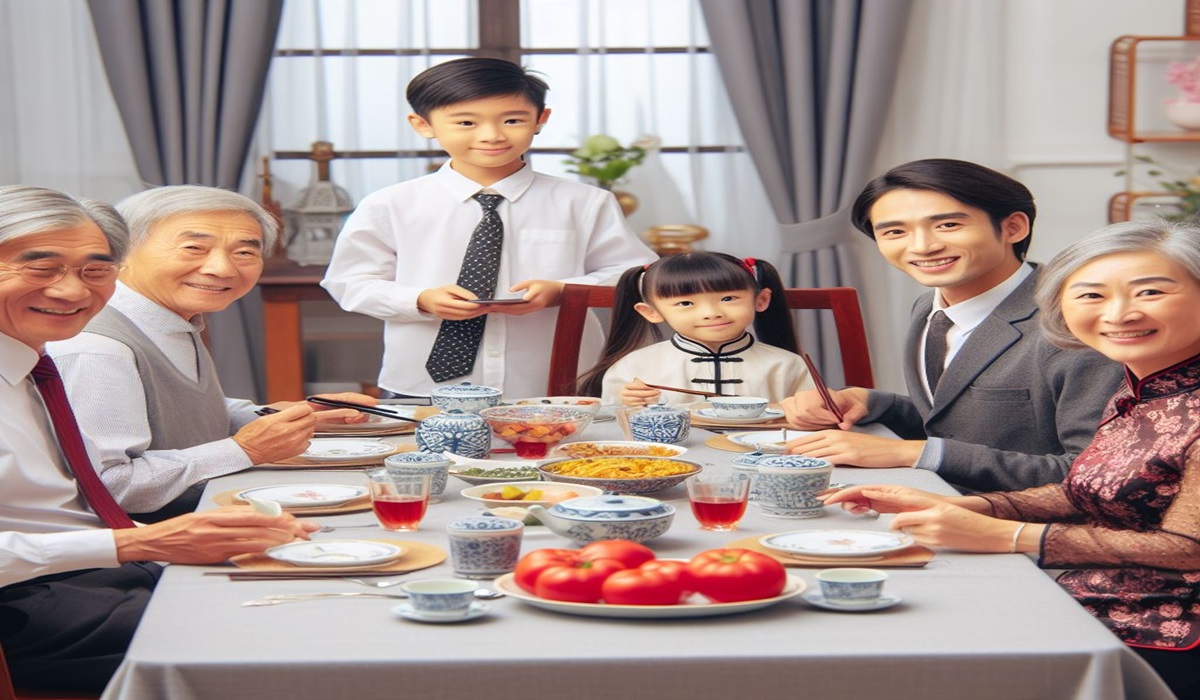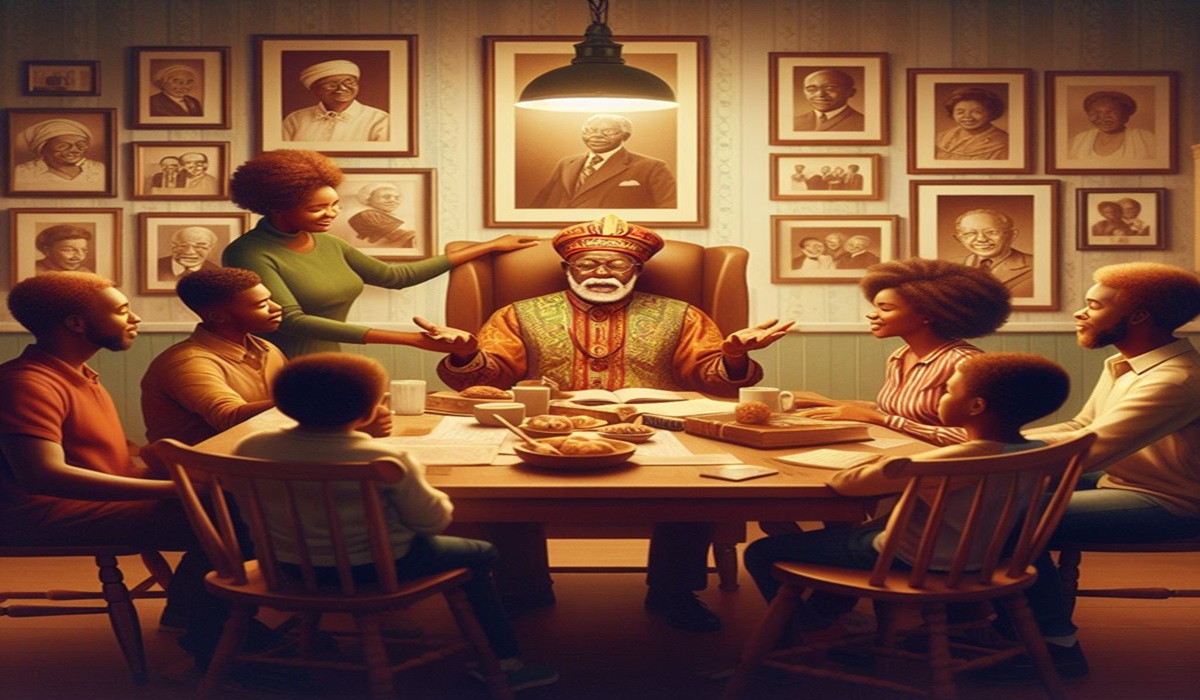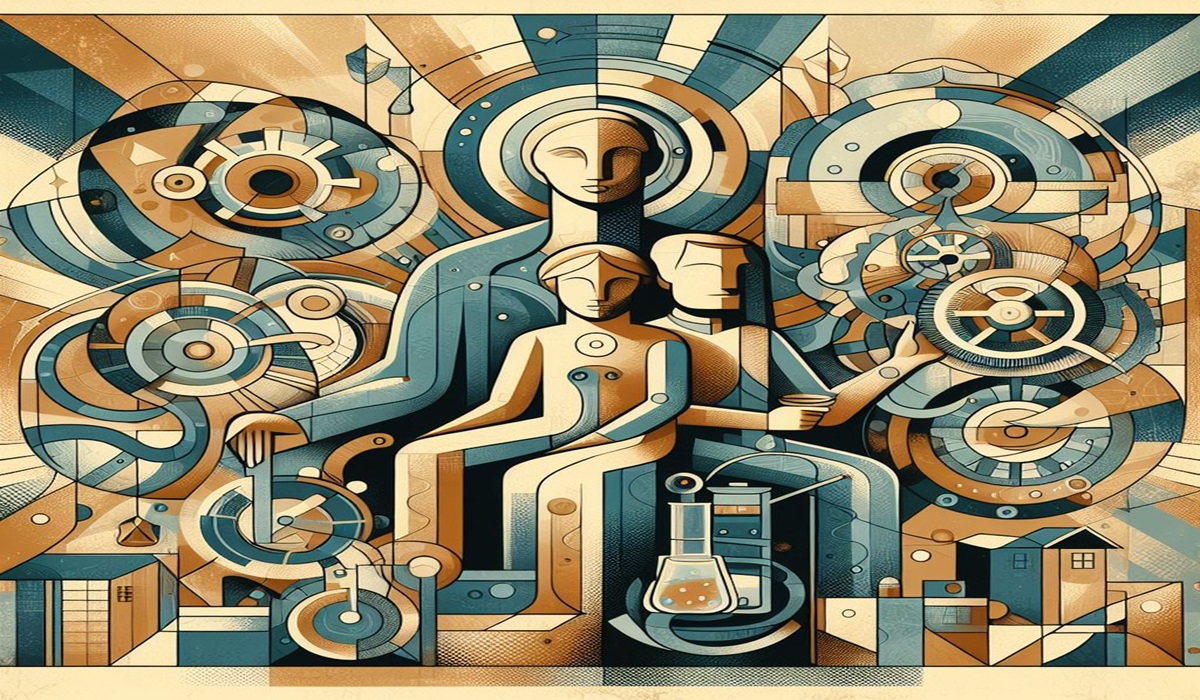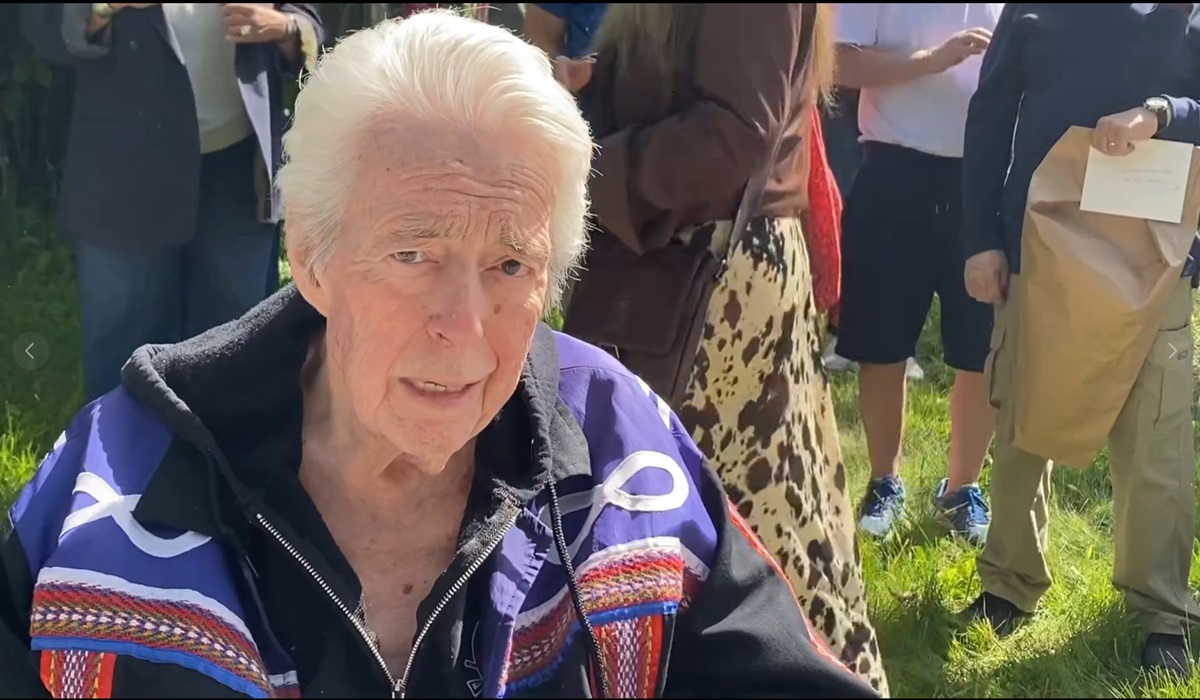HEIRARCHY AT HOME AND NATION
by Anne Thompson
In the vast landscape of political ideologies, one concept that often sparks debate is the idea of a benevolent dictatorship. While the term ‘dictatorship’ might initially raise eyebrows, the adjective ‘benevolent’ adds a twist, painting a picture of a single, well-intentioned authority making decisions for the good of all. This concept, intriguing as it is, finds an unexpected parallel in the most basic unit of human society – the family.
In a typical family, there’s often a hierarchy. One or two individuals, usually the parents, make the majority of decisions. These decisions, ideally, are made with the best interests of all family members in mind. The other members of the family, often the children, provide feedback and influence decisions, creating a balance of power and ensuring everyone’s needs and opinions are considered. This structure allows for efficient decision-making while fostering a sense of belonging and inclusivity.

Now, let’s take this family model and apply it to a larger scale – the governance of a country. Specifically, let’s look at Canada. While Canada is a democracy, there are elements of it that resemble a dictatorship. We, the citizens, get to choose who has the final say over the decisions that affect us all. In effect, we choose our own ‘dictator’, because once chosen, this authority has significant power to shape our society.
However, this is where the similarities with a traditional dictatorship end. In Canada, the ‘dictator’ is not a single, unchanging authority, but a role filled by different individuals or parties over time, chosen through elections. This system ensures representation and inclusivity, much like a well-functioning family.
But let’s not forget that Canada’s history includes examples of a government led by followers of a philosophy of supremacism. These experiences brought collective shame, but from this shame, Canadians learned the meaning and value of honour. This learning has shaped our nation and its choices, serving as a testament to our ability to grow from both the good and the shameful choices in our past.
In this light, Canada’s system of governance can be seen as a kind of ‘benevolent dictatorship’. It embodies many of the principles we hold dear: representation, inclusivity, fairness in justice, and efficiency and effectiveness. It’s a system that allows for efficient and effective decision-making while ensuring that everyone’s voices are heard and their needs are met.
The world is complex, and there are no perfect systems. But perhaps this family model of governance, this ‘benevolent dictatorship’, offers a fresh perspective on how we can navigate this complexity. It reminds us that at the heart of any governance system, just like in a family, there should be a single, benevolent authority that makes decisions with the best interests of all in mind.
So, next time you find yourself discussing politics, remember the family model. It might just bring a smile to your face. After all, who knew that the answer to efficient governance could be found at the dinner table?
And remember, whether it’s in a family or a country, the key to a successful system is always love, respect, and a good dose of humour. Because as we all know, a day without laughter is a day wasted!










